From Paris, Berlin, London to Moscow, Jerusalem and Kyoto, films from cities around the world have formed the backbone of the Taipei Film Festival (TFF, 台北電影節), which is consequently known for its focus on international cinema. But fewer people know that TFF is also Taiwan’s first truly international film competition aiming to discover and support new talents.
To the festival organizers, the competition is what distinguishes TFF from others and reflects its spirit.
“We are looking for works that, despite their flaws and immaturity, show creativity and potential. They can have strong images, great narrative rhythm or make the best of whatever resources at hand,” program director Steve Tu (塗翔文) told the Taipei Times.
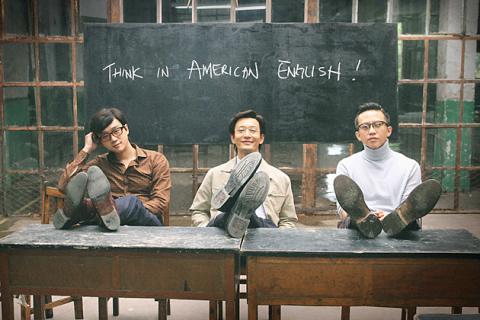
Photo courtesy of Taipei Film Festival
NEW TALENTS
Now in its ninth edition, the competition is open to filmmakers’ first or second features and hands out a top prize of NT$600,000 for its New Talent Award and NT$300,000 for a special jury prize. This year, 12 films out of the nearly 400 entries made it through to the competition.
Many of the selected works by new talents tell stories of youth and explore youthful aspirations and predicaments. Baby Blues from Poland, for example, focuses on a 17-year-old single mother’s struggle to rear her baby while dealing with her drug and alcohol use. Youth by Israeli director Tom Shoval spins an absorbing yarn about two teenage brothers’ amateur plan to save their family from ruin by kidnapping a rich schoolgirl that inevitably goes wrong.

Photo courtesy of Taipei Film Festival
In spite of the amount of effort invested in building the program, the international competition has yet to gain popularity among local audiences who favor “established directors and big-name actors,” Tu says. To improve the situation, festival organizers have tried to bring attention to the program through various mediums ranging from festival guides and press communications to forums. Filmmakers for each selected film are invited to attend the festival, meet audiences and hold question-and-answer sessions; their films are shown at the festival’s main venue, Taipei Zhongshan Hall, and given prime-time slots.
BOX OFFICE MADNESS
Another difficulty faced by the festival this year is the lack of quality Taiwanese productions that can compete with the select films from around the world in the international competition. For Tu, it reflects the direction the Taiwanese cinema has been heading in recent years.
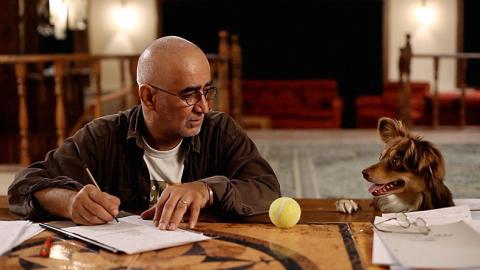
Photo courtesy of Taipei Film Festival
“The number of productions increases; audiences come back, and more money and investment go in. They are all positive changes. But there are also worries that now we care only about the box-office. People make similar things and copy movies that sell,” he says. “When you place Taiwanese film among international work, the gap is immediately obvious.”
The only able local contender in the competition is Tomorrow Comes Today (你的今天和我的明天) by up-and-coming director Chen Ming-lang (陳敏郎). Through two parallel storylines about a young Taiwanese man searching for his mother in New York City with a photograph of Marlene Dietrich and his white neighbor, the film probes into the realm of existential solitude that recalls Tsai Ming-liang’s (蔡明亮) cinematic oeuvre.
Similarly, the program on Wang Bing’s (王兵) work provides an antidote to Taiwanese documentary films that are all too often audience-flattering, narrative-driven and have “much more dramatic power than fictional films.” A leading figure of the Chinese independent cinema, Wang received international recognition with his 2003 nine-hour epic documentary West of the Tracks (鐵西區), which chronicles the slow death of the factory towns in China’s northeast as the communist nation made its transition from a state-run economy to a free market. Three Sisters (三姊妹), the director’s latest, continues his profound observation on contemporary Chinese society by following the poverty-stricken lives of a peasant and his three little daughters.

Photo courtesy of Taipei Film Festival
TURKISH DELIGHT
This year’s national spotlight is on Turkey, with a special focus on the new wave Turkish cinema, which emerged in the mid-1990s. The selected works by key figures of the new wave movement include Dervis Zaim’s 1996 Somersault in a Coffin, Nuri Bilge Ceylan’s debut feature The Small Town in 1997 and Zeki Demirkubuz’s Fate (2001).
Festival organizers have also put together a mini-retrospective on female director Yesim Ustaoglu, noted for her sober and sometimes poetic meditation on Turkey’s history and socio-political realities. Journey to the Sun (1999), for example, follows a young Turkish man’s journey to bring the body of his dead Kurdish friend to his home near Iraqi border.
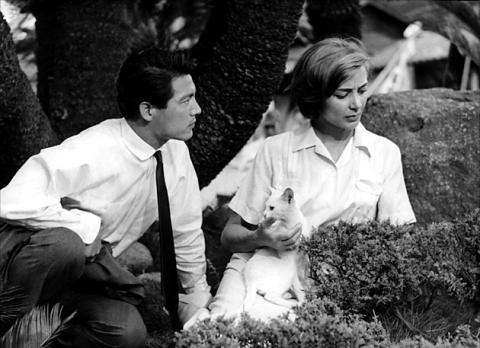
Photo courtesy of Taipei Film Festival
For cinephiles, TFF offers a number of new works by international auteurs including Iranian filmmaker Jafar Panahi’s Closed Curtain and Mekong Hotel by Apichatpong Weerasethakul. The much anticipated Before Midnight will be shown together with the first two installments of Richard Linklater’s Before trilogy that periodically follows the ever-developing relationship between the extremely loquacious and intelligent Jesse (Ethan Hawke) and Celine (Julie Delpy).
This year’s programs on cinematic classics contain Hou Hsiao-hsien’s (侯孝賢) A Time to Live and a Time to Die (童年往事), All That Jazz by Bob Fosse, Federico Fellini’s Fellini Satyricon and Alain Resnais’ Hiroshima mon amour, which is showed both in 35mm and newly restored digital formats.
Featured filmmakers including 82-year-old French director Pierre Etaix, Ustaoglu, Wang from China and Hong Kong’s Peter Ho-sun Chan (陳可辛) will attend the festival and discuss their works.
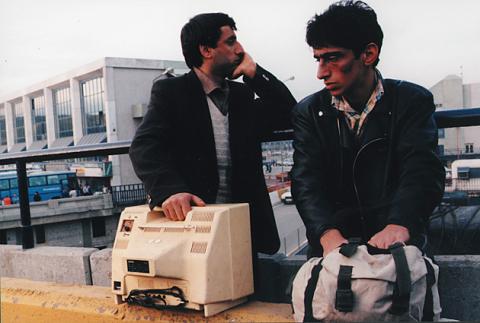
Photo courtesy of Taipei Film Festival
More information can be obtained through the event’s Web site at www.taipeiff.org.tw.

Photo courtesy of Taipei Film Festival
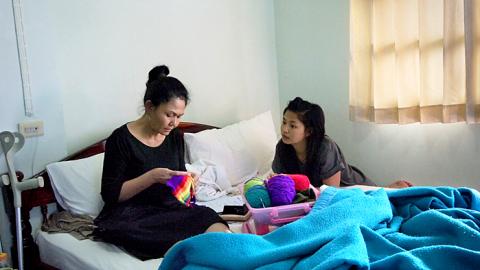
Photo courtesy of Taipei Film Festival
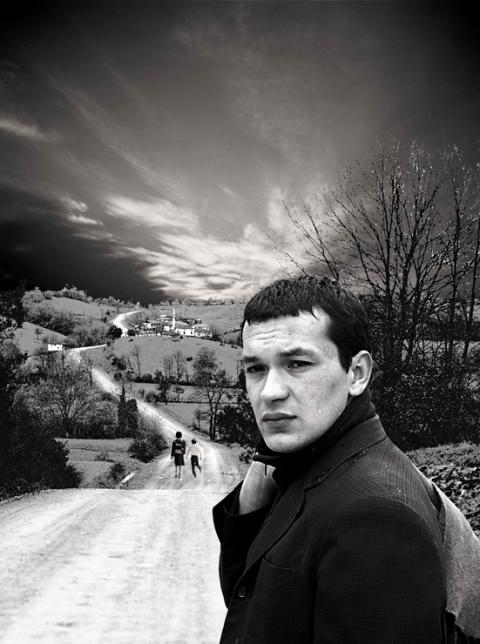
Photo courtesy of Taipei Film Festival
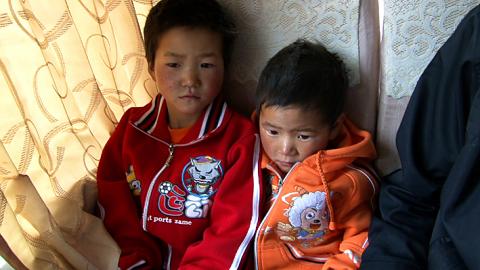
Photo courtesy of Taipei Film Festival
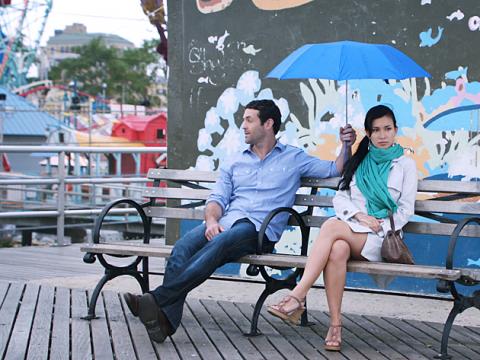
Photo courtesy of Taipei Film Festival
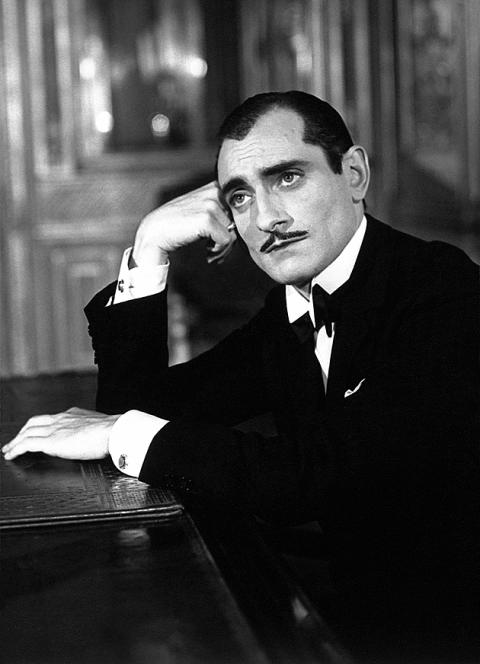
Photo courtesy of Taipei Film Festival
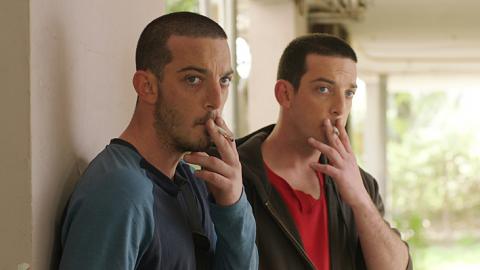
Photo courtesy of Taipei Film Festival

Photo courtesy of Taipei Film Festival

May 18 to May 24 Pastor Yang Hsu’s (楊煦) congregation was shocked upon seeing the land he chose to build his orphanage. It was surrounded by mountains on three sides, and the only way to access it was to cross a river by foot. The soil was poor due to runoff, and large rocks strewn across the plot prevented much from growing. In addition, there was no running water or electricity. But it was all Yang could afford. He and his Indigenous Atayal wife Lin Feng-ying (林鳳英) had already been caring for 24 orphans in their home, and they were in

On May 2, Chinese Nationalist Party (KMT) Chairman Eric Chu (朱立倫), at a meeting in support of Taipei city councilors at party headquarters, compared President William Lai (賴清德) to Hitler. Chu claimed that unlike any other democracy worldwide in history, no other leader was rooting out opposing parties like Lai and the Democratic Progressive Party (DPP). That his statements are wildly inaccurate was not the point. It was a rallying cry, not a history lesson. This was intentional to provoke the international diplomatic community into a response, which was promptly provided. Both the German and Israeli offices issued statements on Facebook

Even by the standards of Ukraine’s International Legion, which comprises volunteers from over 55 countries, Han has an unusual backstory. Born in Taichung, he grew up in Costa Rica — then one of Taiwan’s diplomatic allies — where a relative worked for the embassy. After attending an American international high school in San Jose, Costa Rica’s capital, Han — who prefers to use only his given name for OPSEC (operations security) reasons — moved to the US in his teens. He attended Penn State University before returning to Taiwan to work in the semiconductor industry in Kaohsiung, where he

President William Lai (賴清德) yesterday delivered an address marking the first anniversary of his presidency. In the speech, Lai affirmed Taiwan’s global role in technology, trade and security. He announced economic and national security initiatives, and emphasized democratic values and cross-party cooperation. The following is the full text of his speech: Yesterday, outside of Beida Elementary School in New Taipei City’s Sanxia District (三峽), there was a major traffic accident that, sadly, claimed several lives and resulted in multiple injuries. The Executive Yuan immediately formed a task force, and last night I personally visited the victims in hospital. Central government agencies and the